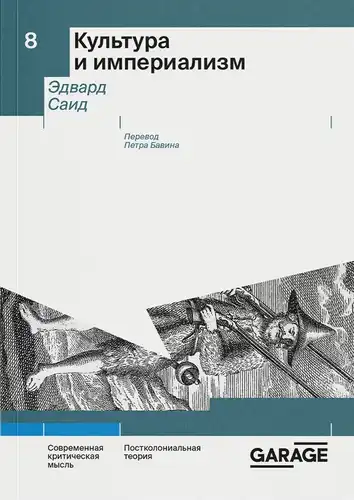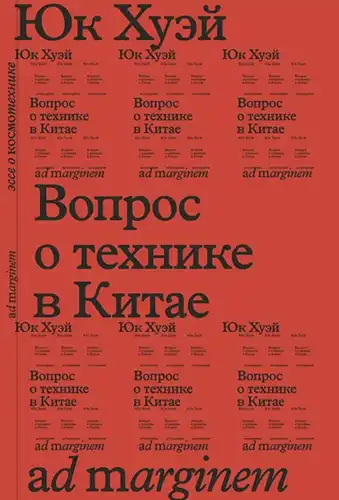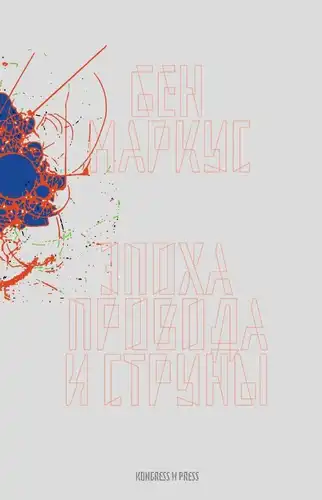€ 18.00
Orientalism
Ориентализм
The author of the study focuses on the genealogy of European thought about the "East", the functioning of this speculative concept and its connection with reality. The author characterizes in detail the possible sources of this concept, raising the problem of the "canon". But the main focus of his reasoning is concentrated on the complex relationships of three structures: power, academic knowledge and art in the reasoning and actions of various figures in politics, science and literature in the 19th century. Said proves that intertextual interaction formed the idea ("Platonic essence") of the "East" - an image that only strengthened from generation to generation as opposed to the idea of "us" (Europeans). This confrontation was associated with the subordination of territories, the need to speak "for" the colonized peoples, formulating their "rules of the game" on the part of metropolises and their representatives. All these ideas were reflected in reality - in wars, colonial conquests, the activities of colonial administrations, and later in the implementation of large strategic projects, for example, in the construction of the Suez Canal. The author finds a connection between these ideas and the contemporary world, for example, with American policy in the Middle East. Said's book became the basis for reconsidering approaches to the history, culture, and art of Asian and African countries, revising existing knowledge, and the emergence of new areas of academic analysis. The book is published in a new translation by Katarina Lopatkina, scientific editing by Anton Ikhsanov.
More by this author
Similar books
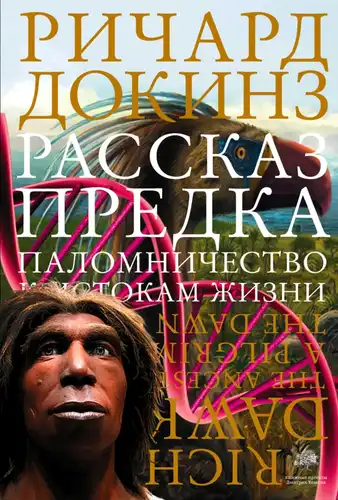
Ancestor's Tale: Pilgrimage to the Origins of Life
Рассказ предка. Паломничество к истокам жизни
€ 26.00
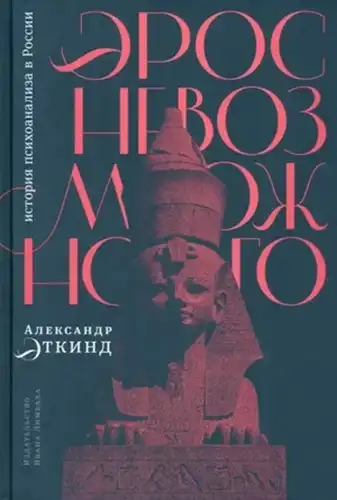
The Eros of the Impossible: The History of Psychoanalysis in Russia
Эрос невозможного: история психоанализа в России
€ 18.00

Everything and Nothing: Symbolic Figures in Art of the Second Half of the 20th Century
Всё и Ничто: Символические фигуры в искусстве второй половины XX века
€ 22.00
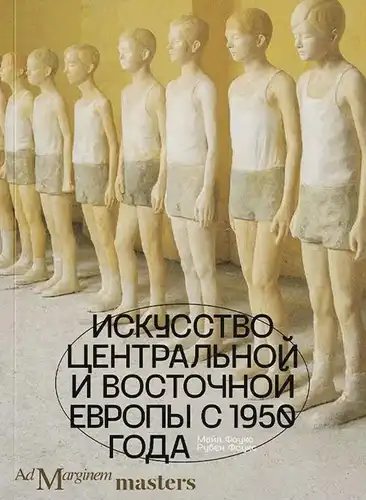
Art of Central and Eastern Europe since 1950
Искусство Центральной и Восточной Европы с 1950 года
€ 19.00
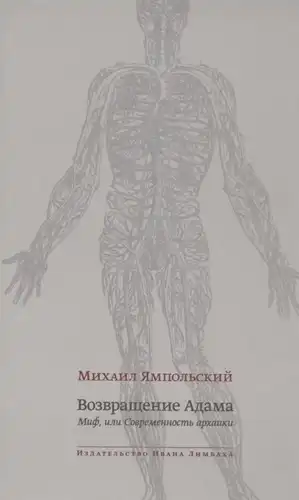
The Return of Adam. Myth or Modernity of the Archaic
Возвращение Адама. Миф, или Современность архаики
€ 15.00

